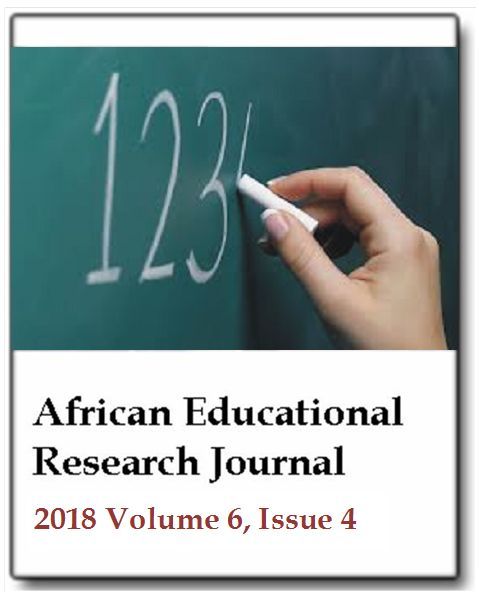Epistemological validation methods in African philosophy: A case study of herbalism in Uganda
Disan KutesaAfrican Educational Research Journal
Published: November 28 2018
Volume 6, Issue 4
Pages 269-272
DOI: https://doi.org/10.30918/AERJ.64.14.032
Abstract
There is noticeable reversion to traditional approaches in the treatment of physical and psychosocial ailments. In part, this comes because conventional medicines are becoming ineffective and expensive and there is a feeling that traditional approaches are more dependable. Hence this study tried to find out exactly the epistemological validation methods of traditional herbals among traditional healers. The rationale for this research was that traditional approaches are not exactly the same as western approaches. In many instances, the practitioners are not aware of their methodologies, yet there is no way in modern times where people can sustain a practice without a clear understanding of its verisimilitude, hence this study was an investigation of the epistemological foundation of traditional herbal medicine. The research was conducted in Central, Western, Northern and Eastern regions of Uganda and principally used document analysis, interviews and focus group discussions. In each of the four regions, four (4) traditional birth attendants, four (4) traditional bone setters, four (4) traditional herbalists, 4 village elders, and two (2) NACOTHA officials were purposely selected. The results indicated that 98% of all the categories of traditional medical practitioners validate their knowledge using coherence theory while 2% employ Piercian principle at elementally level. The study recommended that Bayesian theorem be introduced in traditional herbalogy, putting herbals at a level which can be internationally accepted.
Keywords: Epistemology, philosophy, validation methods, justifications, herbalism.
Full Text PDFThis article is published under the terms of the Creative Commons Attribution License 4.0

